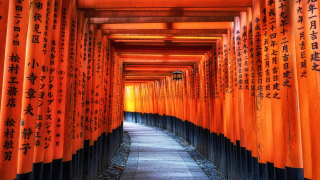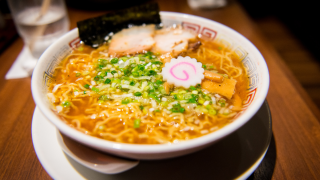 LOANWORD
LOANWORD Does a Kanji Representation of Addis Ababa Exist? Exploring the Appeal and Characteristics of Ethiopia’s Capital from a Japanese Perspective
Addis Ababa, located at an altitude of over 2,300 meters, is the political and cultural heart of Ethiopia. This article reveals why it has no Kanji form and explores the appeal it holds for Japanese people.









